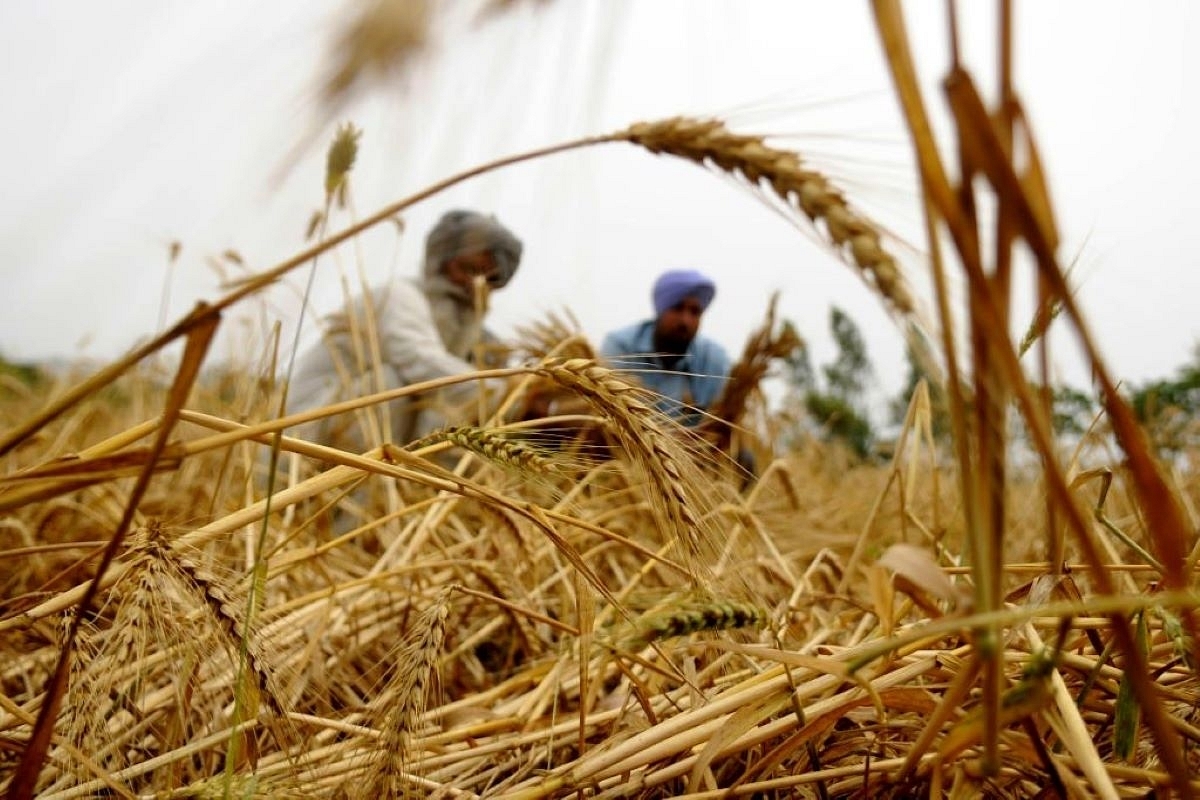News Brief
UAE Bans Exports And Re-exports Of Indian Wheat For Four Months Over Global Trade Flow Disruption
- The ban will not allow Indian wheat sold to the UAE from being used for any other purposes other than UAE’s domestic consumption.
- This will support India’s aim to stop wheat from getting ‘hoarded’ and traded in a third country for which it was not meant to be.

wheat
In a challenge to India’s wheat diplomacy, the United Arab Emirates has suspended exports of Indian wheat for four months, a not very opportune development when India is looking at allowing fresh wheat exports to UAE - among at least five countries -- in the next few weeks amid rejection of its shipments by Turkey and Egypt.
India had approved exports of wheat to the UAE for domestic consumption following requests received from the UAE, among several countries, after New Delhi imposed restrictions on wheat exports on 13 May this year, except for those backed by already issued letters of credit (LCs) and to countries seeking to ensure food security. Since then, it has allowed shipments of 469,202 tonnes of wheat.
The ban is taking place when global wheat production in 2022 is predicted to decline from the 2021 record level by 0.8 per cent, reaching 771 million tonnes and marking the first drop in four years.
A study says that driving much of the predicted contraction in world trade in 2022/23, exports by Ukraine, a major wheat exporter, are forecast to fall by nearly 50 per cent (down 9 million tonnes) from the previous season based on the assumption of continued war-related export disruptions.
The UAE usually purchase significant volumes of wheat from India, the world’s second biggest producer of the grain and according to the Economy Ministry of the Gulf nation, the 'moratorium' is in view of the international developments that have affected trade flows and in appreciation of the solid and strategic relations that bind the UAE and India.
There is no doubt that the Russian invasion of Ukraine is disrupting global supplies of essential commodities, pushing prices higher, slowing trade, and driving down incomes. Russia and Ukraine together account for about a quarter of global wheat exports. Recent trade impacts across specific goods, services and trade partners are highly diverse, creating pressures on specific sectors and supply chains.
The changes in the trade structure caused by the COVID-19 pandemic in a single year was of a similar magnitude to changes otherwise typically seen over four to five years.
Amidst these disruptive changes, UAE’s ban is intended to stop exports and re-exports of wheat and wheat flour originating from India for a period of four months. The Ministry has issued Cabinet resolution which applies to all wheat varieties namely hard, ordinary and soft wheat and wheat flour.
Effectively, this will not allow Indian wheat sold to the UAE from being used for any other purposes other than UAE’s domestic consumption and support India’s aim to stop wheat from getting ‘hoarded’ and traded in a third country for which it was not meant to be.
However, "companies wishing to export/re-export wheat and wheat flour varieties of Indian origin, which were imported into the country before 13 May 2022, would need to submit a request to the Ministry to obtain permission to export outside of the UAE," the UAE ministry said.
This application must also be supported by all documents and files that help verify the origin of the shipment to be exported/re-exported.
The ban may suit India’s interests as it is not keen to have its wheat exported to Dubai or Abu Dhabi to get diverted to other countries and would prefer to have it consumed locally, especially by the migrant Indian workers in UAE. India can then offer an exception to its wheat export ban and ship out some quantities to the Gulf federation.
Support Swarajya's 50 Ground Reports Project & Sponsor A Story
Every general election Swarajya does a 50 ground reports project.
Aimed only at serious readers and those who appreciate the nuances of political undercurrents, the project provides a sense of India's electoral landscape. As you know, these reports are produced after considerable investment of travel, time and effort on the ground.
This time too we've kicked off the project in style and have covered over 30 constituencies already. If you're someone who appreciates such work and have enjoyed our coverage please consider sponsoring a ground report for just Rs 2999 to Rs 19,999 - it goes a long way in helping us produce more quality reportage.
You can also back this project by becoming a subscriber for as little as Rs 999 - so do click on this links and choose a plan that suits you and back us.
Click below to contribute.
Latest